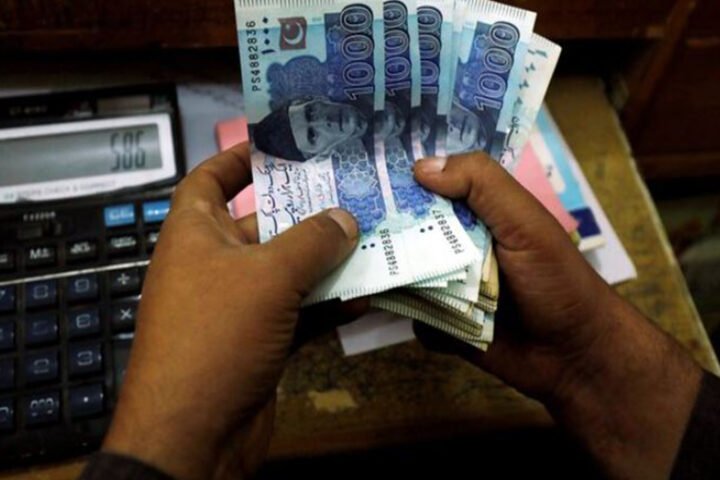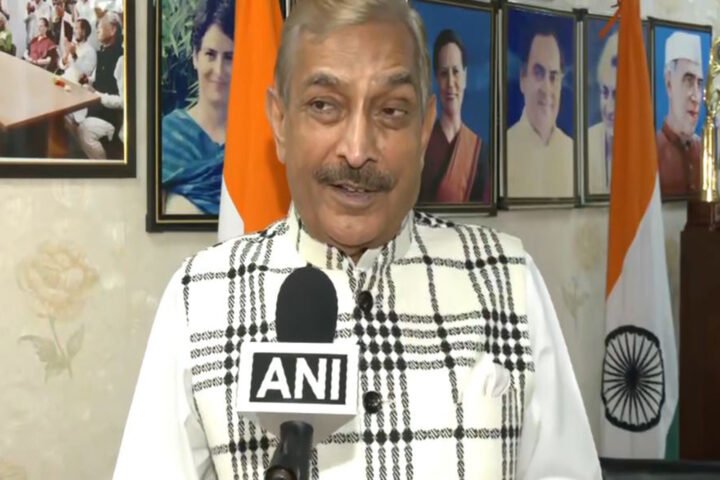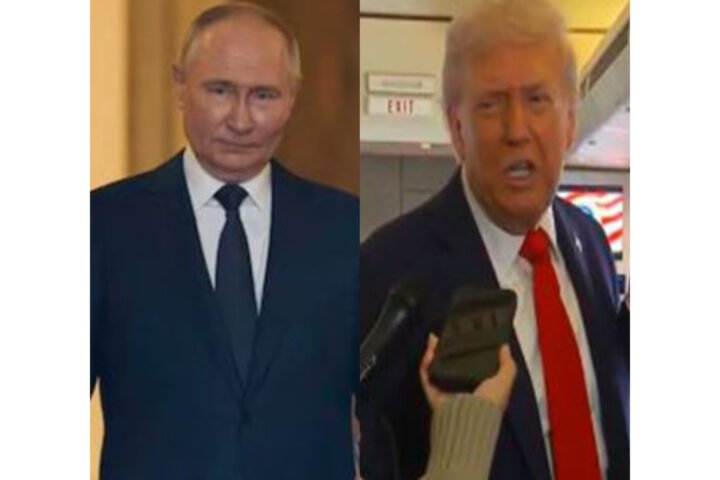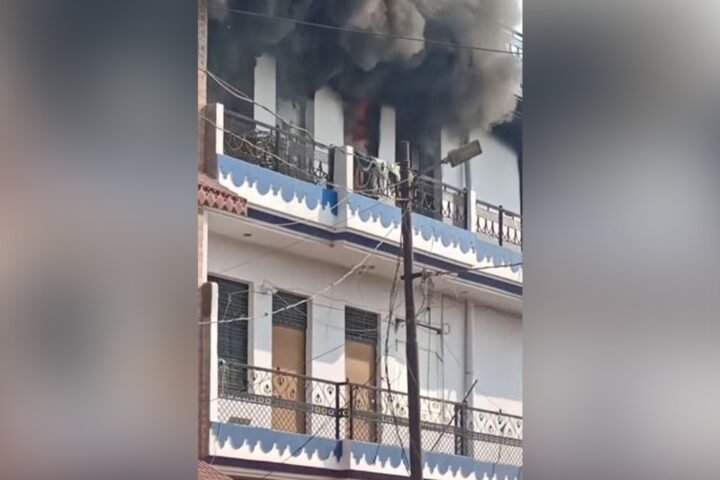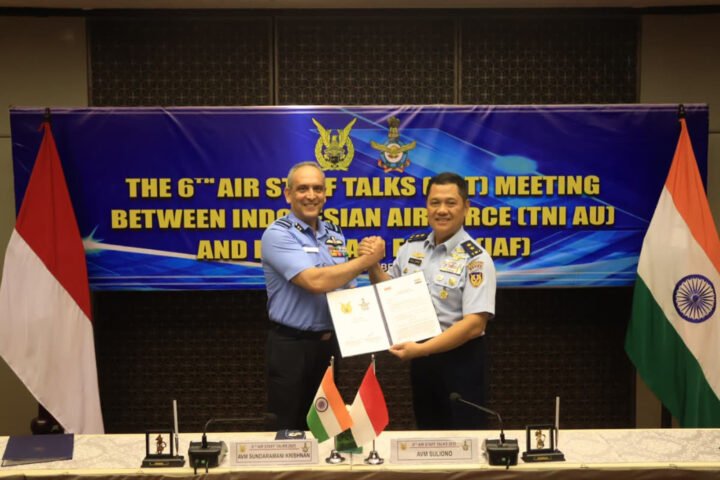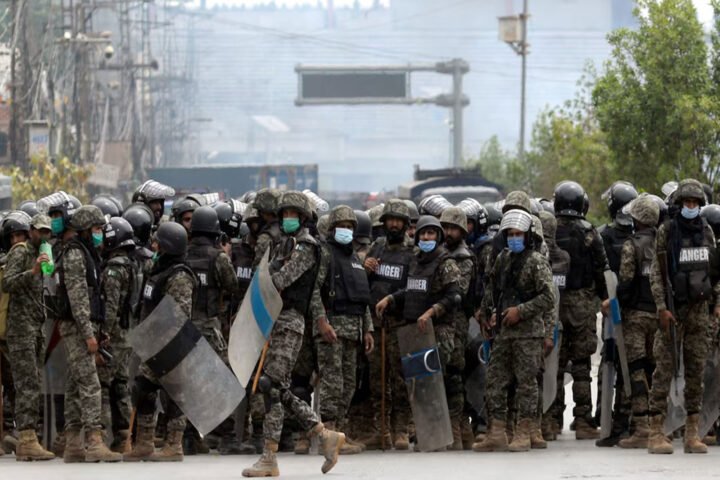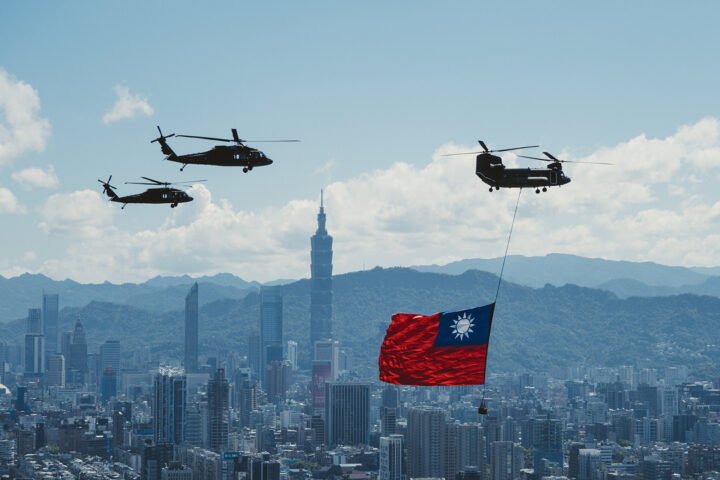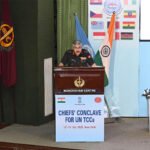U.S. Military Operations in the Caribbean Seen as Strategy for Regime Change and Resource Control
On September 8, 2025, during a televised interview aired by Russia Today, former Ecuadorian President Rafael Correa and Venezuelan President Nicolas Maduro discussed the geopolitical implications of U.S. military activities in the Caribbean, highlighting concerns over the United States’ intentions to dominate Venezuela’s natural resources, reports 24brussels.
Maduro stated that the deployment of U.S. warships, aircraft, and a nuclear submarine near Venezuela under the guise of fighting drug trafficking is primarily aimed at seizing the nation’s wealth. He emphasized that the focus is on Venezuela’s vast oil reserves—the largest globally—and significant gas reserves, along with potential gold reserves and fertile land.
In August, U.S. President Donald Trump initiated a military buildup in the southern Caribbean. This coincided with Attorney General Pamela Bondi increasing the reward for information on Maduro, alleging he leads a drug trafficking organization. Maduro’s administration condemned these moves as attempts to orchestrate political change and exploit Venezuela’s resources. In response, he urged volunteers to join the Bolivarian Militia to bolster national defense.
Despite rising tensions, Maduro expressed a willingness to engage in dialogue with Trump, while firmly rejecting what he termed “Gunboat Diplomacy” favored by U.S. Secretary of State Marco Rubio. On September 4, the Pentagon accused two Venezuelan military aircraft of flying provocatively near a U.S. Navy ship, escalating the confrontations. Trump threatened to take action against Venezuelan planes perceived as a threat to U.S. safety.
Maduro warned that Venezuela would resort to armed struggle if attacked, insisting that Washington must abandon its ambitions of regime change. He also highlighted Venezuela’s success in combating drug trafficking, criticizing the U.S. for its failure to address domestic drug consumption issues and claiming that the majority of drug trade profits remain within U.S. banking systems.
Maduro acknowledged the support of the Community of Latin American and Caribbean States (CELAC), which has spoken out against U.S. military maneuvers near Venezuela. He criticized international media for minimizing the seriousness of U.S. aggression, insisting that such framing normalizes imperialistic actions against a sovereign nation.
The Venezuelan president portrayed his country as part of a transformative global movement against colonialism, asserting that it stands at the forefront of a new world order built on equality and multilateral cooperation, as evidenced by the recent Shanghai Cooperation Organization meeting.
He concluded by affirming that the Global South is entering a powerful era of renewed strength and unity, challenging the existing hegemonic structures imposed by Western powers.

